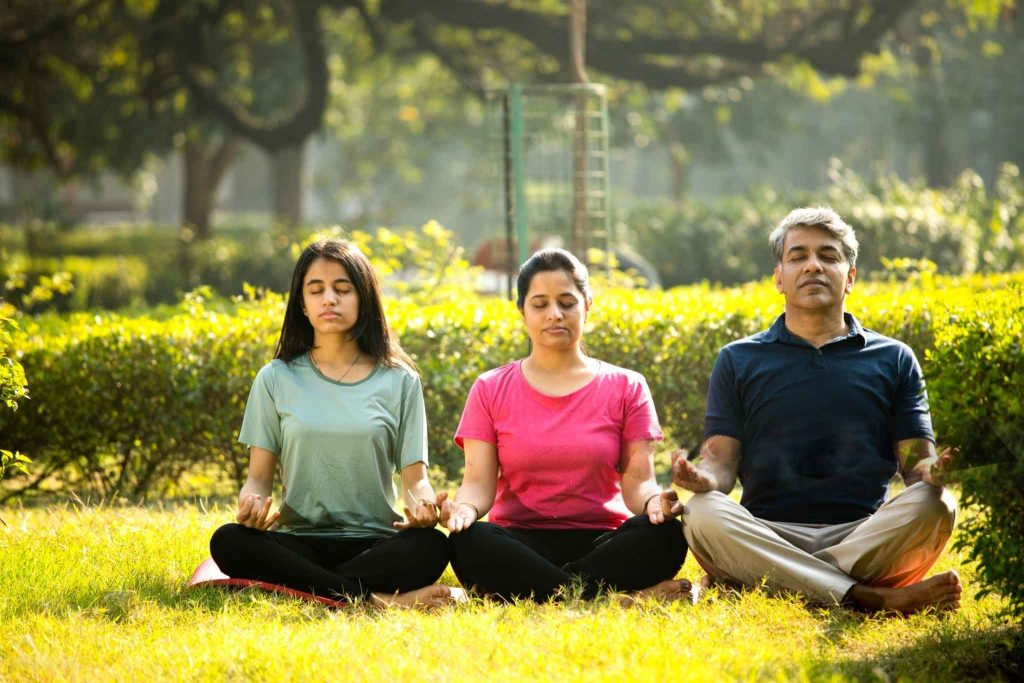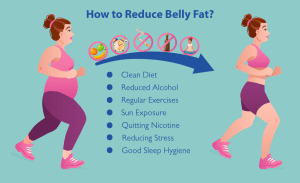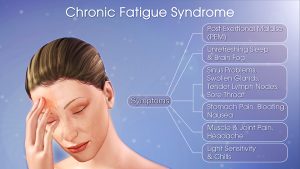Today, many people lead sedentary lives, spending too much time sitting at desks, using screens, or just not moving enough. This might seem harmless, but research shows it can seriously impact your health. Let’s look at why staying active is so important and how you can make simple changes to improve your health.
What is a Sedentary Lifestyle?
A sedentary lifestyle means spending most of your time sitting or lying down with little physical activity. The World Health Organization (WHO) warns that this lifestyle can lead to health problems. Here are some common reasons people become sedentary:
- Limited Exercise Facilities: Not everyone has easy access to gyms or parks.
- Desk Jobs: Jobs that require sitting for long hours can lead to inactivity.
- Too Much Screen Time: Spending too much time on computers, phones, or TVs encourages sitting.
- Car Dependence: Relying on cars instead of walking or biking reduces daily activity.
- Social and Cultural Factors: Some cultures or social norms promote less physical activity.
- Cost Barriers: High gym memberships or activities costs can be a deterrent.
- Aging: Older adults often move less due to health issues or decreased mobility.
- Medical Conditions: Health issues like arthritis can make exercise difficult.
- Sedentary Hobbies: Hobbies like watching TV or playing video games keep you sitting for long periods.

Consequences of a Sedentary Lifestyle
Being sedentary can negatively affect both your body and mind and can cause several illnesses including:
- Weight Gain: Sitting a lot means you burn fewer calories, which can lead to weight gain.
- Poor Heart Health: Lack of exercise weakens your heart and increases the risk of heart disease.
- Higher Risk of Chronic Diseases: Sedentary behavior can increase the risk of diabetes, stroke, and certain cancers.
- Weaker Muscles and Less Flexibility: Sitting too much can weaken your muscles and reduce flexibility, increasing the risk of injuries.
- Mental Health Issues: Not moving enough can contribute to depression and anxiety.
How to Avoid a Sedentary Lifestyle
Here are some easy ways to stay active throughout your day:
- Stand Up Regularly: Set a timer to remind yourself to stand and move every 30 to 60 minutes.
- Take Active Breaks: Use breaks to walk, stretch, or do light exercises.
- Exercise Daily: Try to get at least 30 minutes of moderate to vigorous activity most days. This could be walking, cycling, swimming, or playing sports.
- Use a Standing Desk: Consider a standing desk or a desk converter to alternate between sitting and standing.
- Add Activity to Daily Tasks: Take the stairs, walk or bike for short trips, and do chores to keep moving.
- Join Social Activities: Participate in sports teams, dance classes, or fitness groups to make exercise fun and social.
- Set Fitness Goals: Create clear, achievable goals and track your progress to stay motivated.
- Limit Screen Time: Set limits on how much time you spend on screens and take breaks to be active.
- Find Activities You Enjoy: Try different exercises to find what you like best and keep you motivated.
- Get the Family Involved: Encourage family members to join in activities like walking, biking, or playing sports.
- Volunteer for Active Roles: Participate in community activities that involve physical effort, like local clean-ups or organizing events.

Conclusion
Addressing a sedentary lifestyle is key to better health and well-being. By understanding why inactivity is harmful and taking steps to move more, you can improve your health. Try out these simple strategies, find activities you enjoy, and set goals to stay active. Take steps to reduce the risks of a sedentary lifestyle and create a healthier, more active society.













